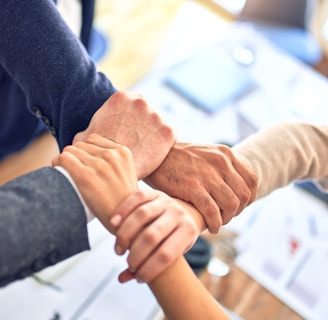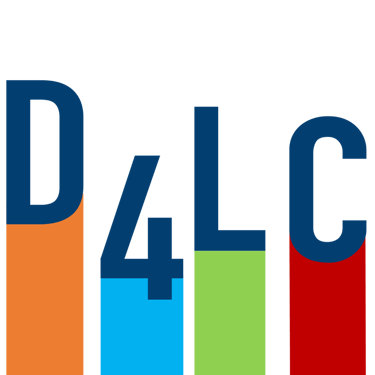All programs are designed, owned, and facilitated by The Leadership Center based in Aurora, Nebraska
Trust.
The foundation of teams.
Abby Miller
10/10/20242 min read


In our office, we are often found researching, and today I'd like to summarize some research for you. If you nerd out about this as much as we do, you probably should reach out.
Ruchi Sinha is an Associate Professor of Organizational Behaviour at the Business School of the University of South Australia. She is an organizational psychologist by training with extensive experience in management consulting and industry-funded research who has branched out into public speaking and her own podcast to spread her knowledge. She earned her PhD in Organizational Psychology from Michigan State University, USA, the No. 1 Organizational Psychology doctorate program in the world.
She is a known figure on researching "trust" and there are a few key takeaways she shares in the podcast (linked below)
Over 30 years of trust research has agreed that these 3 things (among others, but always including these three things in every model) are what make up trust:
Competence (or ability)
Benevolence (people believe you care about them)
Integrity (having morals, specifically honesty)
We also know that cortisol (the hormone we release when in stress) inhibits generosity (aka benevolence) and increases selfishness (think about when 3000 years ago we needed to run from tigers, the survivors who released cortisol definitely weren't being nice)
(For more on this, see Simon Sinek's "Why Leaders Eat Last" Book and talk (found on Youtube).
Lis Cardiello then tells us that stress can be reduced through co-regulation of our nervous systems as quickly as in a conversations, be it a BRAVE one. (See this interview: https://www.youtube.com/watch?v=qnEz7GS0S5U)
So, there you have it. The bread crumbs of everything you need to know about where to master the science of trust!
For more check out this podcast with Ruchi Sinha help problem-solve a client who is working to restore trust with a client: https://hbr.org/podcast/2024/03/the-essentials-building-and-repairing-trust
Then if you are extra, extra, extra nerdy like us and want to read the research articles, here you go:
What Williams syndrome tells us about Oxytocin and trust:
How we individually vary in our trust behavior because of our genetics: https://pmc.ncbi.nlm.nih.gov/articles/PMC3270329/
Gender, Culture, and Trust: https://core.ac.uk/download/pdf/214201721.pdf
Self, Soothing behaviors for oxytocin release: https://pmc.ncbi.nlm.nih.gov/articles/PMC4290532/
